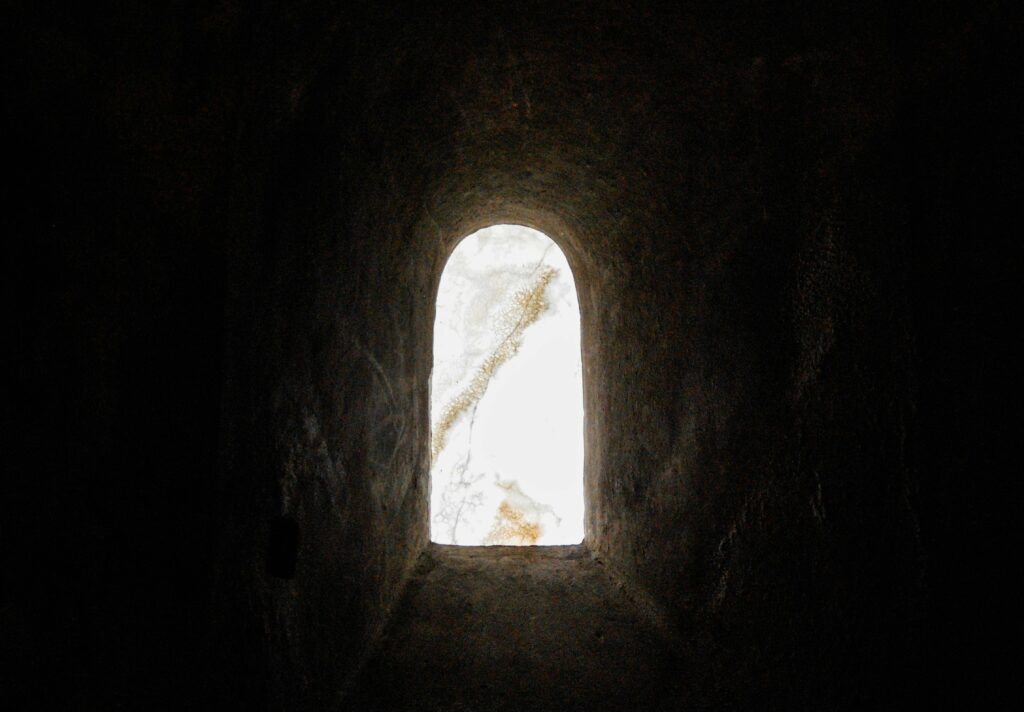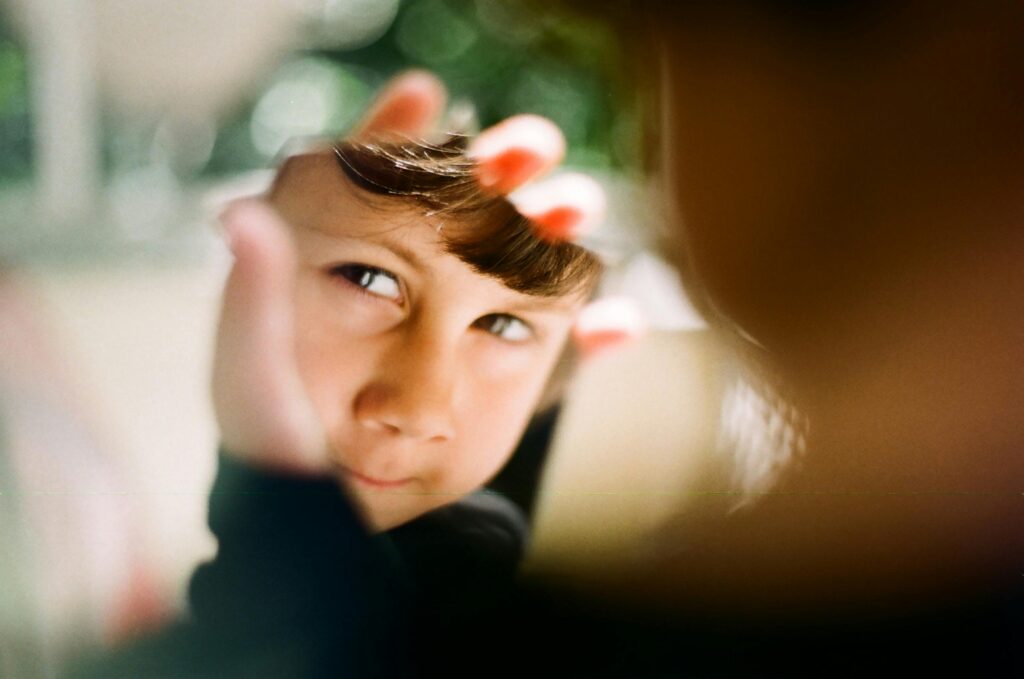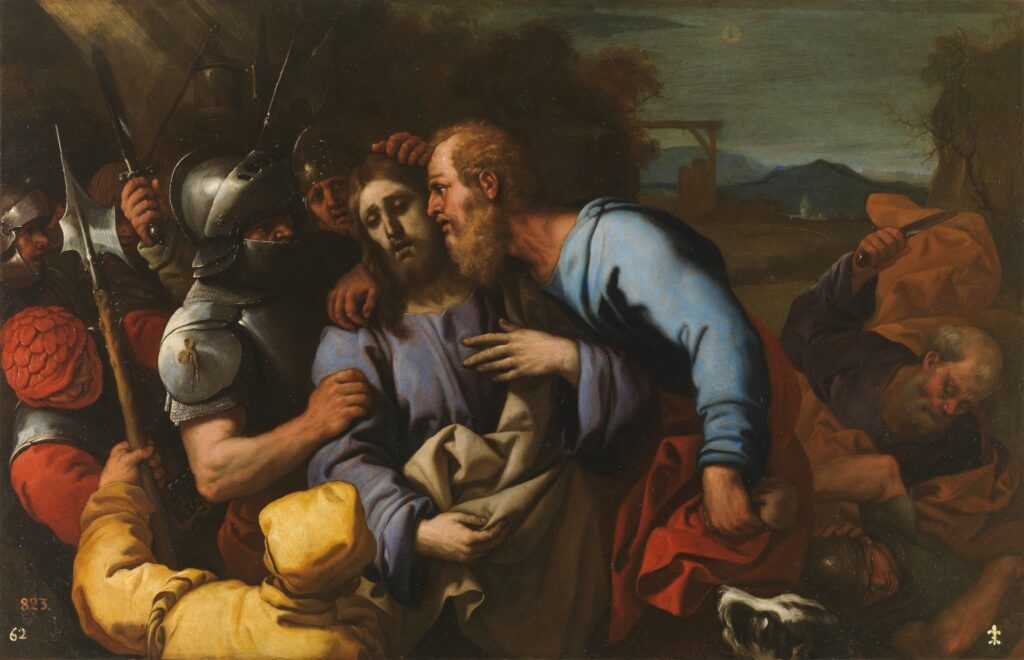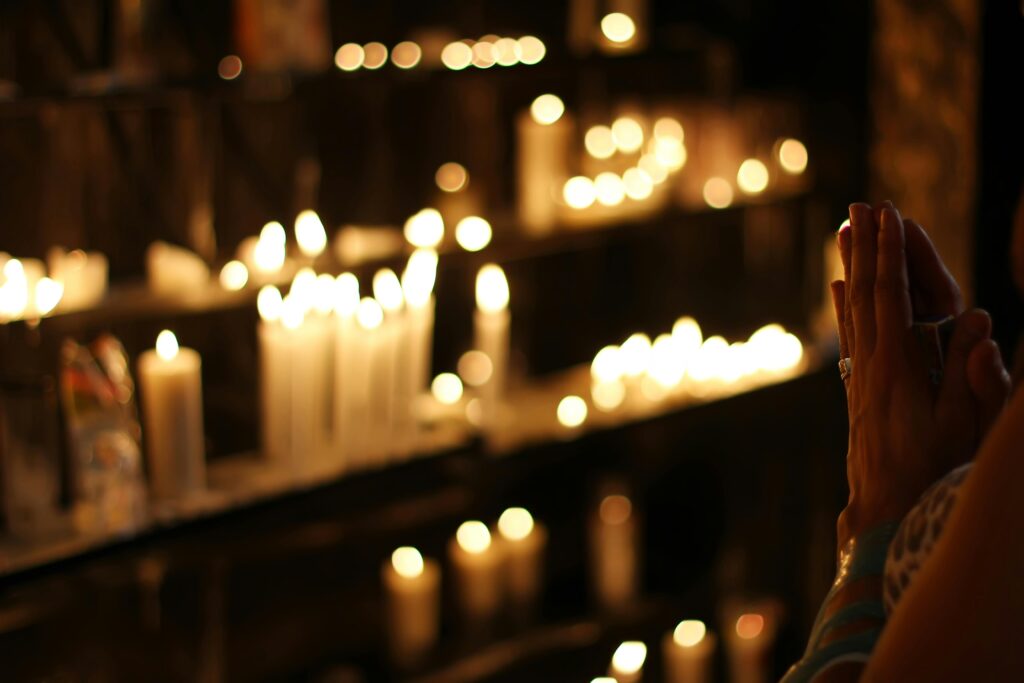The Christian vision of the human being
What is the human being? What is its essence? We can even be more precise: who am I? Who are you? Unforgettable questions, both in their universal and personal versions. Questions that continue to haunt us and, at certain stages of the journey, reappear: who am I today, now? Where am I going? What do […]
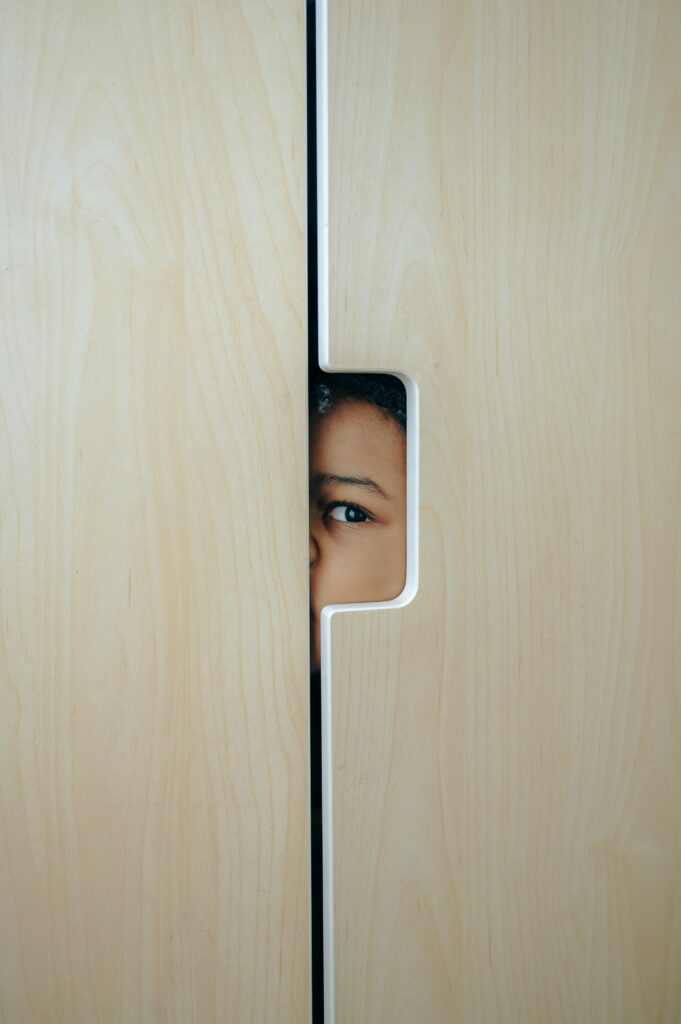
What is the human being? What is its essence? We can even be more precise: who am I? Who are you? Unforgettable questions, both in their universal and personal versions. Questions that continue to haunt us and, at certain stages of the journey, reappear: who am I today, now? Where am I going? What do I want to do? What do I want to become? Theoretical inquiry that can become existentially dramatic.
Rémi Brague offers a pleasant reflection on the essence of the human in his book After Humanism. The Christian Image of Man (Rialp, 2024). This anthropology refers to Christ taking charge of the spiritual and corporal dimensions of the human being. “We must take at face value the words of Pontius Pilate – Brague proposes – when he exposed the scourged Jesus to the mockery of the crowd: Idou ho anthropos; “Behold the man” (John 19:5), which in its Latin version has become a common expression: Eccehomo”. This vision invites us to explore other fields, beyond the fences drawn by other anthropologist – human, too human – that are unaware of the quid divinum that nests in the person.
Brague notes that “in Christianity, the highest realization of the human being and the most perfect presence of God are seen in Christ, and even more so in Christ crucified. It is in the body of Christ on the cross, dying or even already dead, where the presence of God in the human being reaches its fullness, not through suffering, but through the love with which that suffering was accepted and endured in obedience to the Father. This means that every human life has an intrinsic dignity, whether its humanity can be expressed, whether it can develop further, or whether it can develop at all.” Suffering, limitations, illness, old age do not deprive the human being of his dignity. Furthermore, this vulnerability is no longer just a cross that each person carries, but becomes a call to other human beings to pay attention and care to their neighbours in a situation of helplessness. Bearers of rights, of course, and also Cyrenians, Samaritans, guardians of their brothers. Thus, an anthropology of care, self-denial and acceptance is configured in contrast to the culture of waste.
Christianity generalizes common morality by considering every human being, without exception, worthy of respect and charity. For this reason, Brague affirms, “Christianity does not introduce new laws, nor does it repeal old ones. It is content with ordinary morality, which is what C. S. Lewis calls the “Tao”, a word deliberately chosen outside the Christian sphere, although in Acts of the Apostles 9, 2 there is also talk of the “way”, and Jesus in the Gospel of John takes for himself the banal name of that on which we walk. It is stated in the Ten Commandments, but in fact it is present in all civilizations, because it is the foundation of all human society”. Christianity, therefore, seeks the best goods for the physical and spiritual flourishing of the human being.
The evangelical novelty transfigures culture with the wisdom of love, a process of centuries in which wheat and weeds coexist, in a continuous attempt to drown evil in an abundance of good. A long but hopeful process. Saint John Paul II clearly highlighted this contrast in his Roman Triptych: “Why was it said on that very day: / And God saw everything that he had made; and behold, it was very good? / Do not the facts deny it? / For example, the twentieth century! And not only the twentieth! / Nevertheless, no century can hide the truth / of the image and likeness.” Despite the sorrows, seeking that divine image and likeness makes us fully human.
Related
 (EN)
(EN)
 (ES)
(ES)
 (IT)
(IT)


